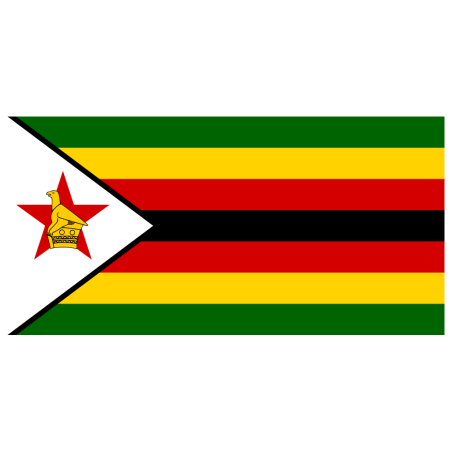Zimbabwe:Mobile money firms innovate to survive

Zimbabwean mobile money platforms are exploring cashless solutions as the liquidity crunch that has stretched for almost a year continues to worsen.
Ecocash and Telecash agents have been hit hard by the cash shortages in the country and most of them could soon be out of business.
EcoCash general manager Natalie Jabangwe said the liquidity constraints had hit the sector hard, making innovation a necessity.
Econet-owned EcoCash is the country’s largest mobile money platform with six million active subscribers and 26 000 agents countrywide.
Jabangwe said although it was the responsibility of agents to ensure that their business was liquid, EcoCash and the Econet Group played an active role linking agents with banks for liquidity support.
“Steward Bank offers low-cost float loans to EcoCash agents and this offering has always assisted agents in remaining liquid,” she said.
“The current cash challenges have presented us with an opportunity to promote a cashless society, bothin formal and informal sectors.
“We, therefore, continue to partner with more local companies and retailers who also see the benefit of using EcoCash as merchants.”
Stewart Bank, like many other local financial institutions, has been failing to service clients, as witnessed by increased queues at its different branches.
Jabangwe said a solution to cash challenges would be solutions in cashless solutions such as the recently-unveiled platform to buy Zesa electricity tokens through Ecocash.
“We recently partnered with Zesa, a move that has brought convenience to customers to purchase electricity tokens via EcoCash,” she said.
“We also continue investing in appropriate technologies that lessen the reliance on cash for day-to-day transactions like POS [point of sale] machines and other electronic platforms.”
The mobile money platform was once touted as the solution to lack of access to banking services by the majority of Zimbabweans. Previous surveys have revealed that over 60% of the country’s adult population has no bank accounts.
Telecel CEO Angeline Vere said Telecash had over 1,3 million registered users and they were looking at increasing the number by 10% following the introduction of a 10% incentive for Diaspora remittances by the Reserve Bank of Zimbabwe (RBZ).
However, she said the liquidity crunch had seen the number of subscribers on their mobile money platform Telecash taking a dip.
“Our active subscriber base over a 90-day period has shrunk slightly by 2,3%, which can be attributed to the challenges subscribers are facing with cash-outs due to the nationwide cash shortages,” Vere said.
ICT, Postal and Courier Services minister Supa Mandiwanzira said mobile phone companies must drive Zimbabwe towards a cashless society.
“If you go to any country in the world, mobile money is used to transact everywhere, even on the streets,” he said.
“ There is no need for the use of cash. So I would want to encourage mobile companies to move the platform to more cashless solutions.”
Mandiwanzira said some of the companies were reluctant to promote a cashless society for selfish reasons.
“The reliance on cash suggests that institutions are benefitting, which is why they are not moving to more cashless solutions,” he said.
“People must use mobile to mobile money and the fact that players are not using this means they are trying to sabotage the economy.”
A number of companies have created mobile money applications as a survival mechanism.
Financial institutions that have mobile money innovations include Brainworks with its GetCash, FBC Bank (FBC mobile application), CBZ Bank (CBZ Touch), and ZB Bank (Cash Back), among others.
SOURCE:THE STANDARD
 Africas leading resource for digital financial services
Africas leading resource for digital financial services


comments